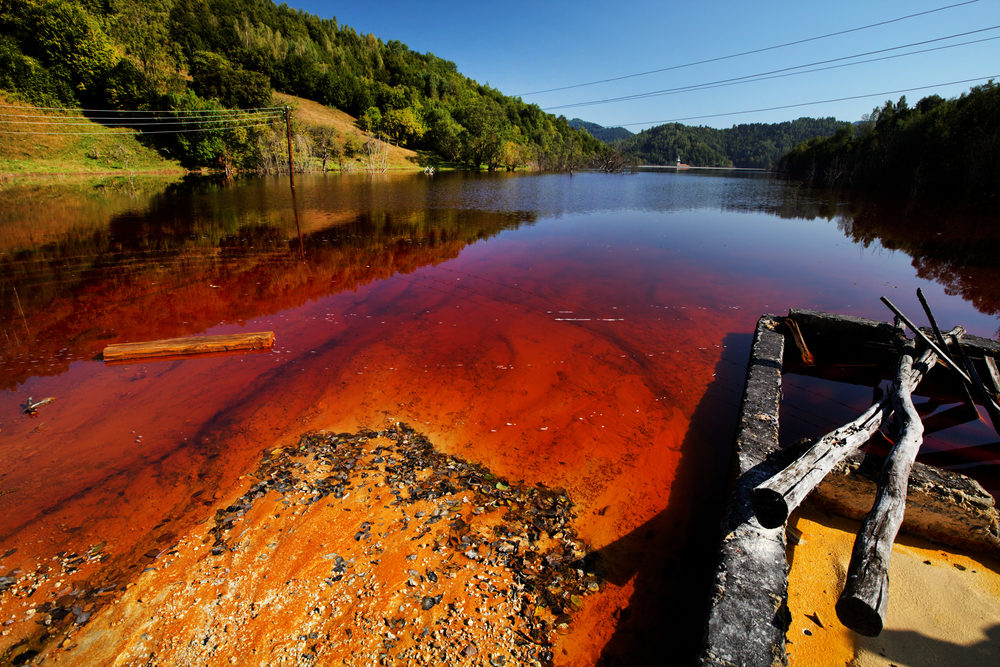


To this end, a number of initiatives and projects have emerged to promote sustainable mining practices and reduce the environmental impacts of open-pit copper mining. One such initiative is the Copper Mark, a global assurance framework that promotes responsible production practices and helps copper producers demonstrate their commitment to sustainable development. The Copper Mark provides a comprehensive set of environmental, social, and governance criteria that copper producers must meet to receive certification. This initiative aims to promote transparency and accountability in the copper mining industry and drive progress towards more sustainable practices.
Academic research is also playing a key role in addressing the environmental impacts of open-pit copper mining. Researchers are exploring innovative ways to reduce the use of water and energy in the mining process, as well as developing new technologies for the efficient and responsible extraction of copper. In addition, academic research is helping to identify and mitigate the impacts of copper mining on local species and ecosystems, as well as on the cultural heritage of affected communities. These efforts are critical to promoting sustainable copper mining practices and ensuring the long-term viability of this important industry.